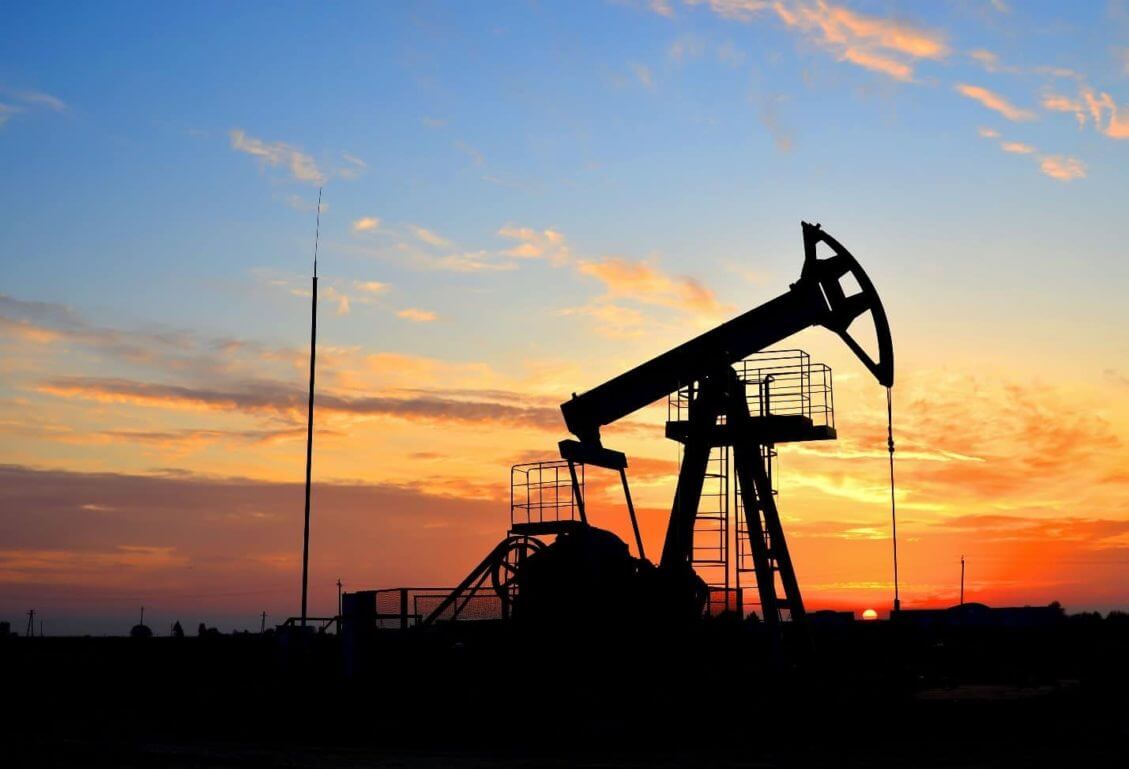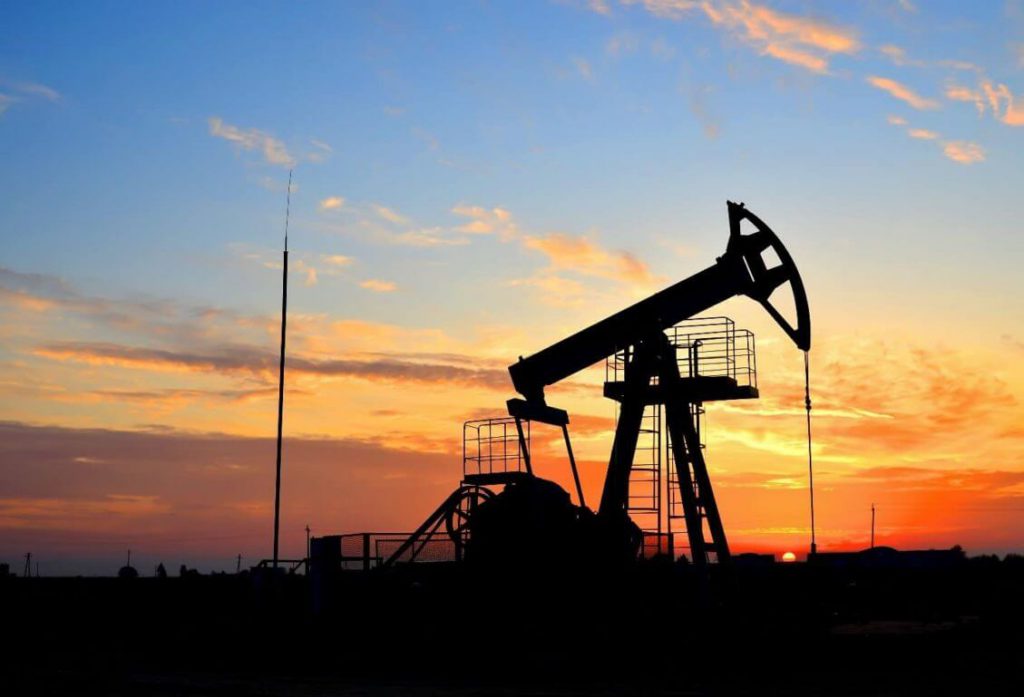
Oil rises, lower supply from Russia
Oil prices climbed on Thursday amid supply concerns as the European Union (EU) considers a potential ban on Russian oil imports, just days after Libyan supply disruptions rocked the market.
At 1343 GMT, Brent crude futures were up $1.58, or 1.5 percent, to $108.38 a barrel. West Texas Intermediate (WTI) oil futures in the United States rose $1.64, or 1.6 percent, to $103.83 per barrel.
Analysts predict that market volatility may rise again soon, with the EU still considering a ban on Russian oil for its invasion of Ukraine, which Moscow describes as a “special military operation” to demilitarize its neighbor. Libya, an OPEC member, said that blockades at major fields and export terminals cost the government more than 550,000 barrels of oil per day.
The oil market remains tight, with the Organization of Petroleum Exporting Countries and its allies, led by Russia, straining to reach output objectives and US crude stockpiles falling dramatically on April 15. The market is nevertheless concerned about China’s demand outlook as the world’s largest oil importer gradually eases draconian COVID-19 regulations that have hampered manufacturing activity and global supply chains.
Meanwhile, Kazakh Energy Minister Bolat Akchulakov indicated that the Caspian Pipeline Consortium’s Black Sea port could reopen this week.
The return of CPC crude deliveries will be countered in part by ongoing outages in Libya, and the possibility of further Russian crude keep out of the market due to an EU ban.
Gold fell
Gold fell to its lowest level in over two weeks as US bond yields rose, reducing the attraction of the non-interest-bearing commodity.
So far this week, gold has fluctuated between gains and losses, falling as high as 0.8 percent on Thursday as 10-year yields increased amid a discussion over whether inflation has peaked. This week, actual rates rose for the first time in two years, indicating that investors believe the Federal Reserve can raise interest rates to reduce inflation without substantially harming the economy.


